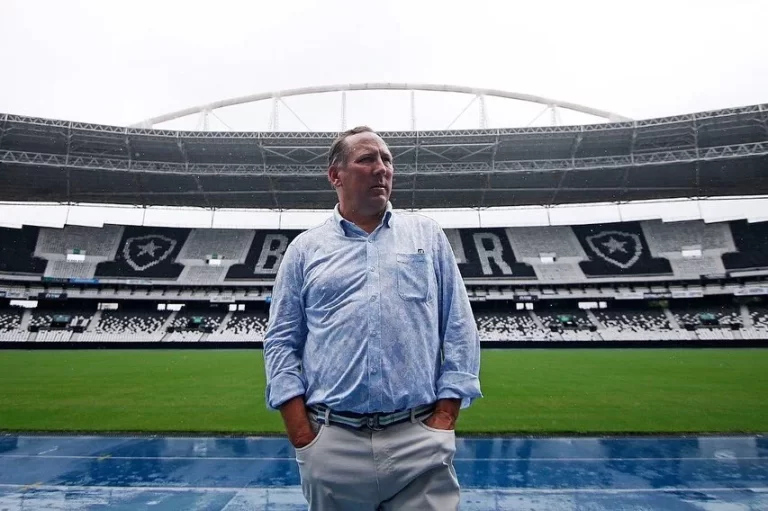In Brazilian football, the debate intensifies around synthetic turf. The National Federation of Football Athletes and Fluminense have approached the Brazilian Football Confederation, advocating for a ban on artificial pitches. Contrary to this, Botafogo, one of the three Serie A teams with an artificial pitch, and its major stakeholder, John Textor, defend the use of synthetic grass.
READ MORE
+ + Fluminense president blasts synthetic pitches: “If you can’t maintain grass, you can’t have a club”
+ + How will Spain’s recent visit to Brazil benefit Brazilians? Four key insights
+ + Jhon Arias anticipates the Fla-Flu: “We want the three-peat”
“The health of players is actually better on synthetic,” Textor tells GE. He criticizes detractors, noting, “They talk nonsense,” and emphasizes the superior quality recognized by players from various clubs. Textor argues for a mix of natural and synthetic grass, mirroring standards of leading football leagues, to reduce injuries and improve playing conditions.
Despite discussions, the Brazilian Football Confederation has not banned synthetic pitches. However, it has formed a commission with club representatives and doctors to further investigate, planning to consult with international experts.
Botafogo adopted synthetic grass at Nilton Santos Stadium to ease maintenance and accommodate events. Textor criticizes Fluminense and Fenapaf’s stance against synthetic turf, advocating for standardized pitches across a league. He is open to transitioning to natural grass by 2025 if required, emphasizing the need for high-quality fields.
“Brazil deserves the quality of the best places in the world. Football here is as good as anywhere else,” Textor concludes, urging for investment in pitch quality to match the global standard.



